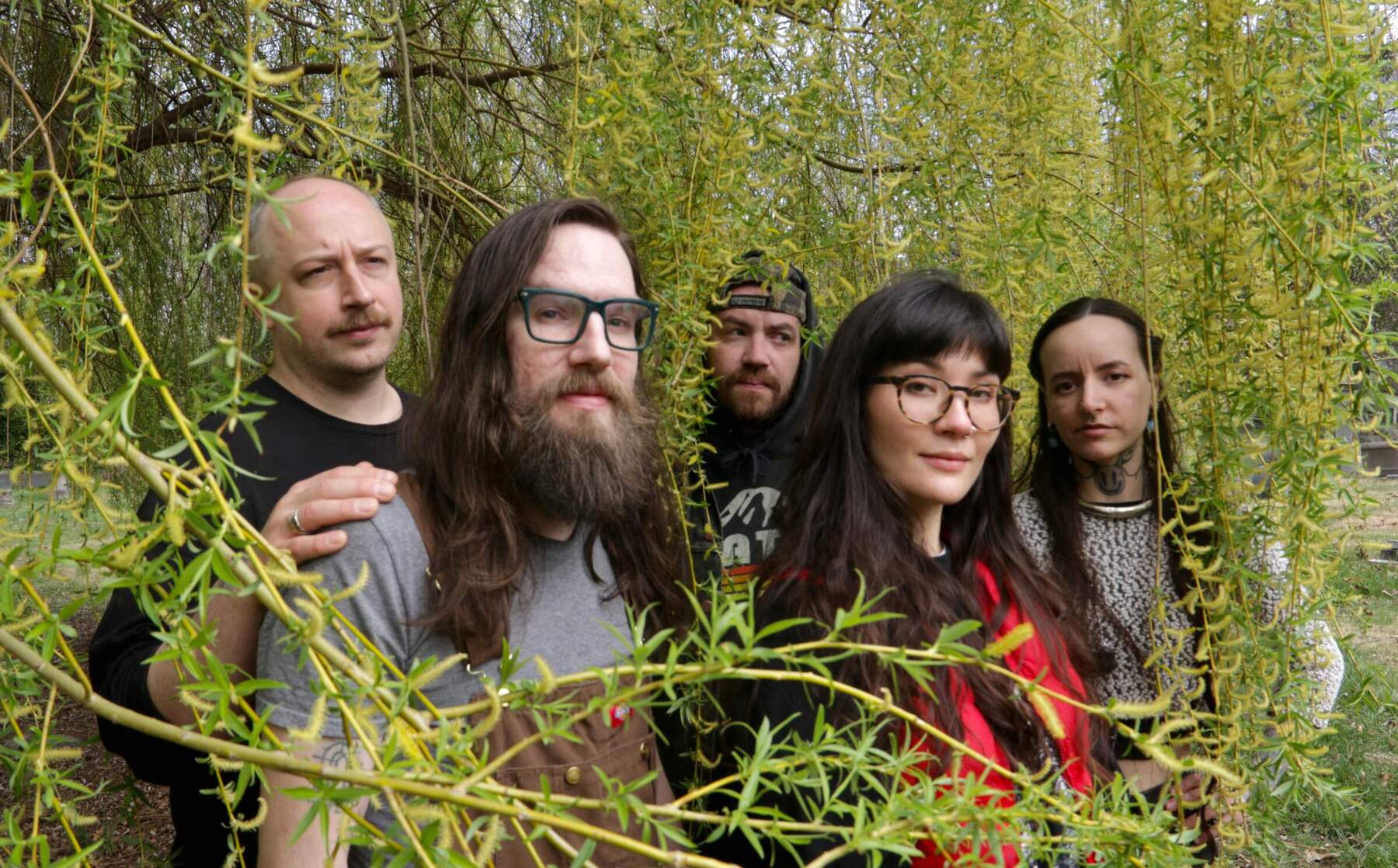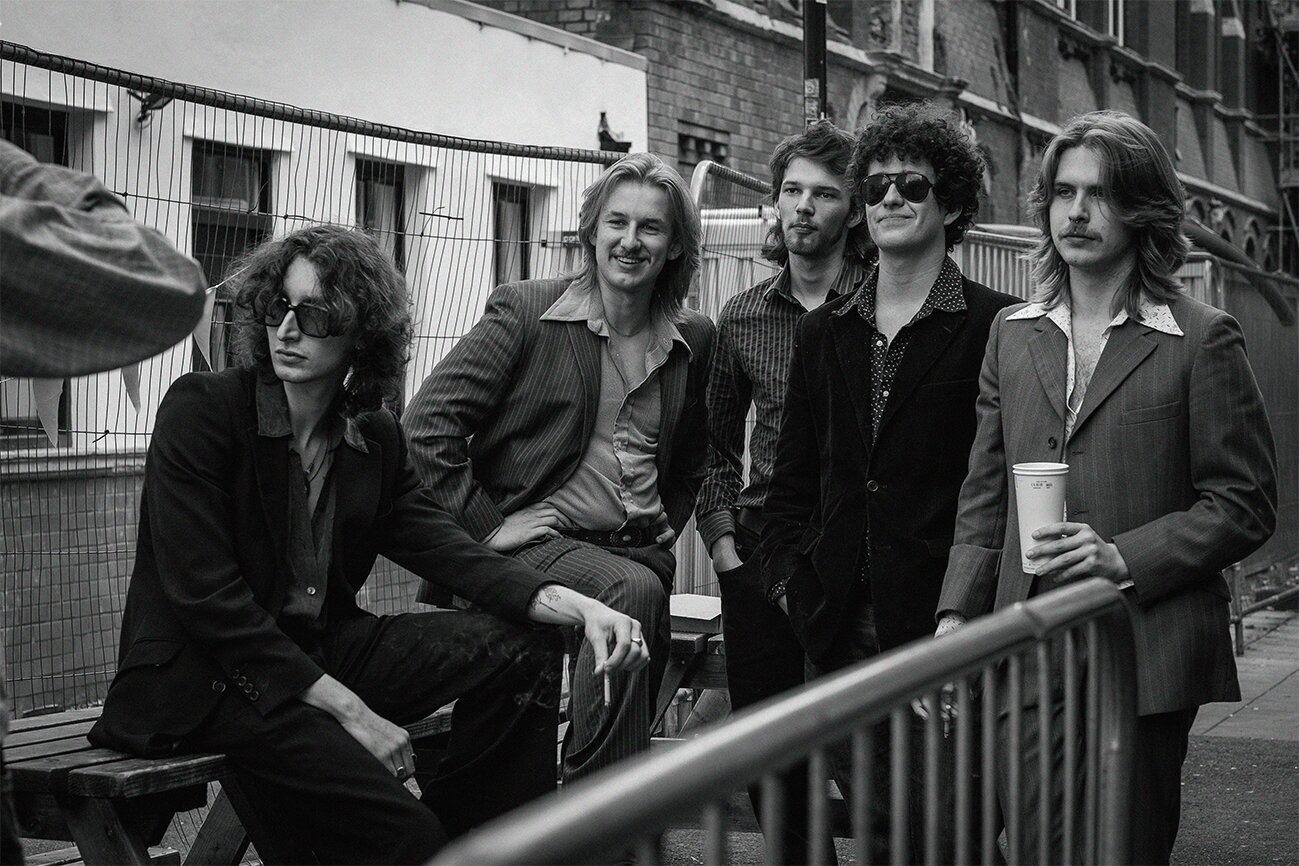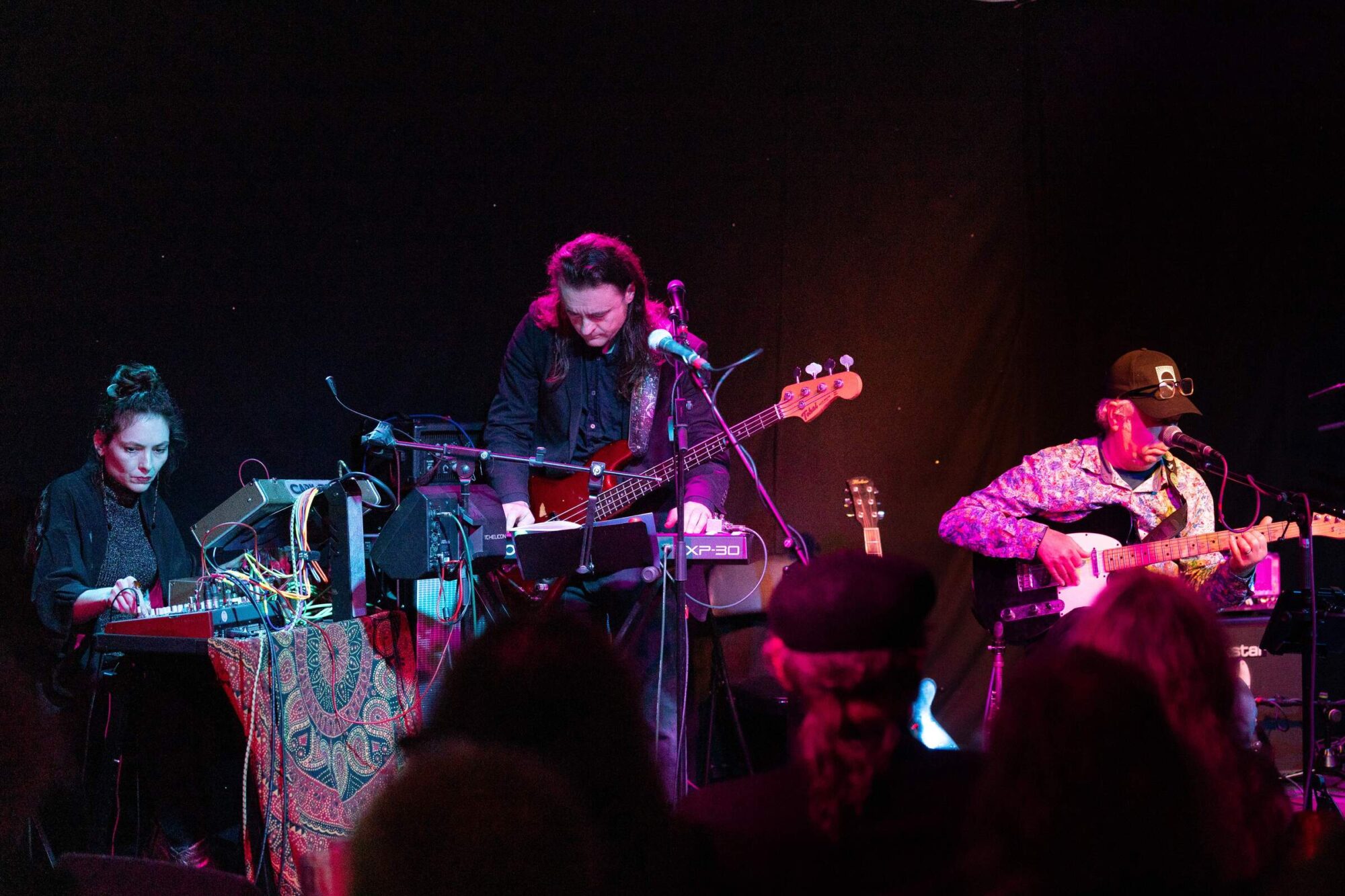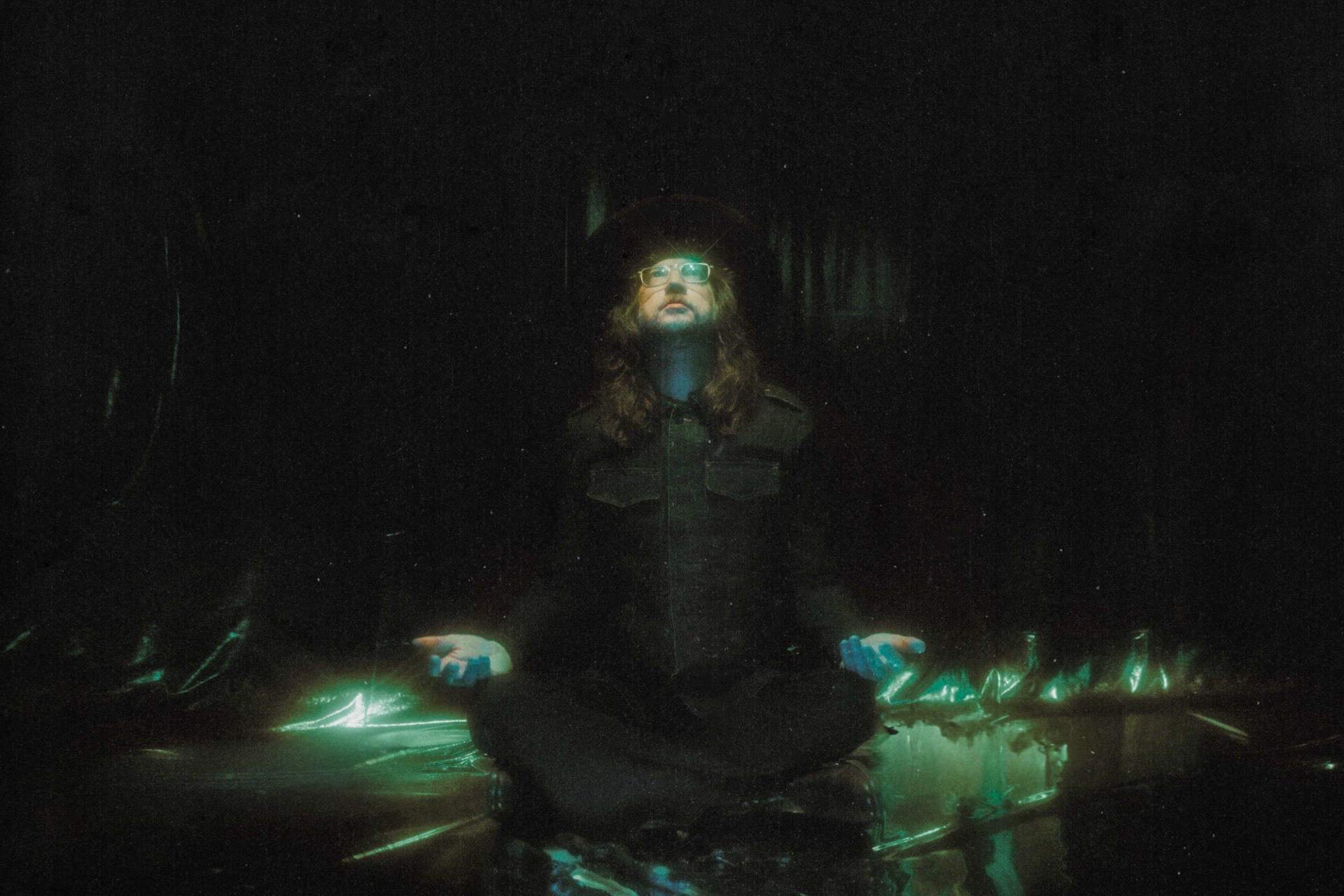On the Water on the Making of ‘Return’ and Finding Their Way Back to Shore
The release of ‘Return’ marks a pivotal moment for On the Water, a band whose 17-year journey has been as much about personal transformation as it has been about music.
Over the years, the group has navigated breakups, lineup changes, a global pandemic, and countless experiments in sound, ultimately arriving at a place where their music feels expansively universal.
What makes ‘Return’ special is how it brings together so many seemingly opposing elements. The band blends the intimacy of chamber folk with the weight and intensity of heavy rock, weaving these threads into something entirely their own. It must be the natural result of years spent growing together as a band, learning when to push and when to let songs take shape organically.
Thematically, the album moves between the personal and the global. Some songs wrestle with private struggles—divorce, identity, the difficulty of starting over—while others zoom out to confront climate change, cultural disconnection, and the overwhelming pace of modern life. In doing so, ‘Return’ captures the tension of living in our current moment, caught between reverence for the natural world and despair at how far we’ve drifted from it.
The album’s title reflects this duality. ‘Return’ suggests both going back and moving forward, a cyclical process of renewal that acknowledges the past while making space for something new. Listening to these songs feels like tracing the band’s history: echoes of their early acoustic roots are still there, but they’ve been reshaped and reimagined through years of exploration and growth.
Working with producer Jeff Zeigler was key to realizing this vision. Known for his work with artists like Kurt Vile and The War on Drugs, Zeigler helped the band think bigger, pushing them to create something intricate.
In the end, ‘Return’ is a reflection on impermanence, a document of survival, and an invitation to connect.
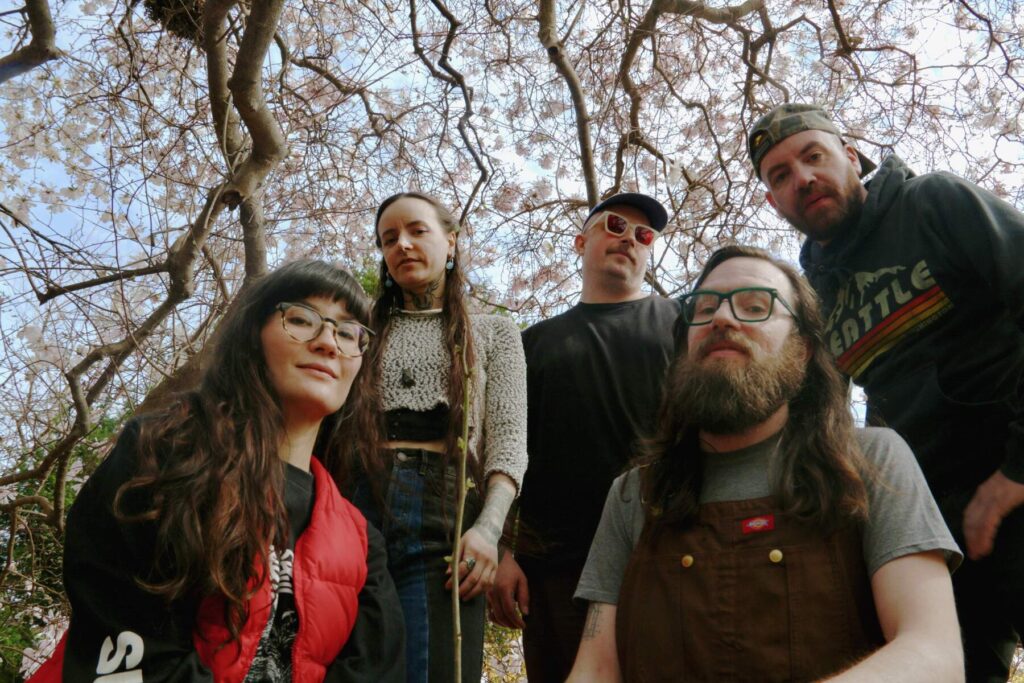
“Writing songs is a very meditative state”
The album is presented as the culmination of a 17-year artistic journey. Can you walk us through that evolution? What drove the shift from your early, more acoustic sound to the heavier, more introspective style you have now? Was it just a change in musical taste, or did something bigger happen to the band’s philosophy along the way?
I wrote the first ‘On the Water’ song when I was just a teenager. Those feelings are fleeting. The high doesn’t last. People leave. Desires change. This band probably almost broke up a dozen times. We always found enough of a reason to keep it going. We kept trying new things.
Eventually, we stopped knowing what kind of band we wanted to be. Then, around a decade ago, Evan joined us on cello and Aubrey moved over to the bass. I think that’s when the final evolution started. The band became much more about our connection as people, and we all grew to realize that we didn’t need one direction. We can do whatever we want, and then we can do something else.
‘Mr. Mystery’ is the first single, but it’s track number six on the album. That’s not a coincidence, right? What’s the story you’re trying to tell with the album’s track order? How does ‘Mr. Mystery’ fit into or maybe even flip that narrative on its head?
I wrote that one specifically to record with Jeff. So stylistically, it might be the least representative of who we are now. And yet, somehow it works perfectly as a sort of anthem for the record. What we do is malleable. We can do a poppy folk rock song. But we are going to do a whole lot of things. I hope it works as an appropriate introduction, but I think it serves just as well midway through the record as a sort of reset on expectations.
This album is a mix of chamber folk, classical, and heavy material. It’s a truly wild combination. How did you go about breaking down the walls between those styles? How did you manage to get things like the strict structure of classical music and the spontaneous feel of metal and folk to play so well together?
I’m not really sure any of us understand how our style formed or what elements come from where. Writing songs is a very meditative state. I don’t really know what’s coming until it’s here. I think everyone in this group approaches their own composition in a similar way. We play what we feel, and the songs more or less come together naturally.
Producer Jeff Zeigler worked with you on the new sound. What was that collaboration like? Did he just handle the technical stuff, or did he help shape the core of the songs, maybe even influencing the unpredictable song structures you’re known for?
Jeff is a real wizard. He intuitively understood some very important things. He captured a very honest portrayal of the group, but he also pushed us to go bigger. He knows how to build something, and he helped us understand the kind of records we want to make. Evan and I co-produced this record with him, and we were probably more than a little bit obsessive at times. Jeff really went on that journey with us and showed endless imagination and dedication. I personally learned a lot on this one and feel very grateful to him for all of his hard work and patience.
The lyrics touch on everything from personal struggles like divorce to big-picture issues like climate change. How did you pull all those different ideas together into one album? Is there a central theme that connects all of these topics, or is the album more like a snapshot of all the chaos of modern life?
I write for myself, to come to some understanding with the world and my place in it. I need brutal honesty, and I need the message drilled in, again and again. I hope that looking back I can make greater sense of it all and do better. That’s what it’s really about: trying to find that strength to move forward with grace.
Your name, ‘On the Water,’ comes from a mistranslation but also fits your philosophy of “going with the flow.” That idea of change and impermanence seems to be a big part of the album’s themes. How does that philosophy guide your songwriting and the music itself on Return?
I think that’s just what life is about. It sounds cliché, but the more we can go with the flow, the more life seems to open up to us. I really struggle with stagnation, a persistent feeling of being frozen over. I am constantly having to remind myself to let go, have fun, and live my damn life. If you can let go, the most wonderful things can happen.
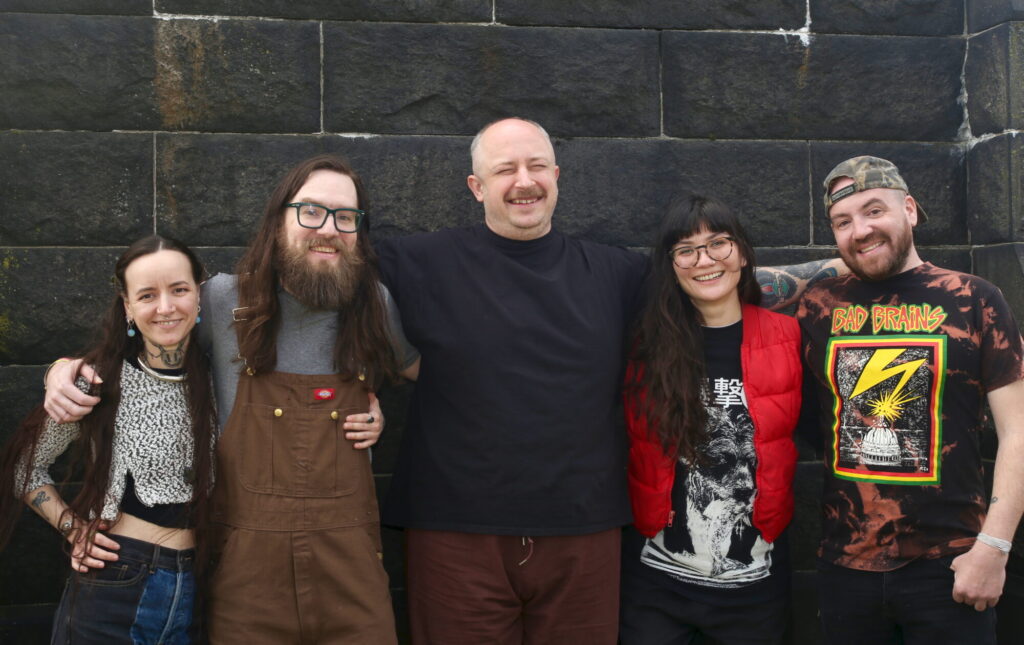
The album has a reverence for nature but also a sense of despair about how disconnected we are from it. It’s a real push and pull. How did you explore that tension between the natural world and the human-made one, both in your lyrics and your music?
It’s hard to think about, but sometimes I think we might be doing literally everything wrong. I get the sense that this is not how it was supposed to go. I’ve always felt a strong disconnect between what I was told to prioritize and what actually feels right. We need to protect this planet and help each other. We need to put all systems of exploitation in the past. I’m as susceptible as anyone to the pitfalls of modern living, but I’m longing for a return to something. I don’t really know what that means yet. I just know that I want to live closer to earth.
Klemen Breznikar
Headline photo: Ziggy Brubaker
On The Water Instagram
Strange Mono Records Website / Instagram / Bandcamp

